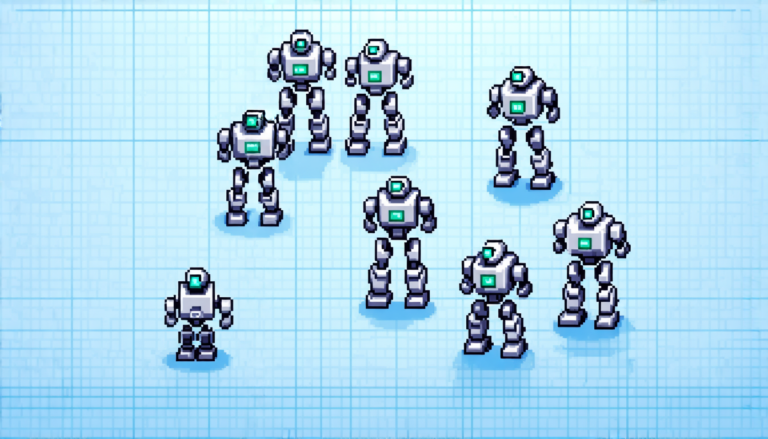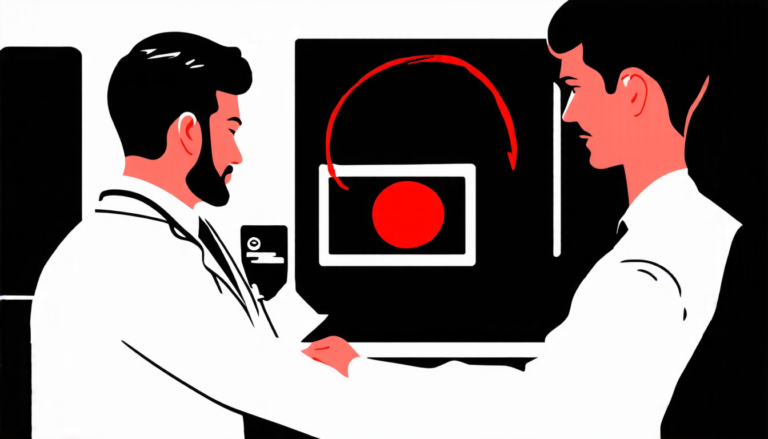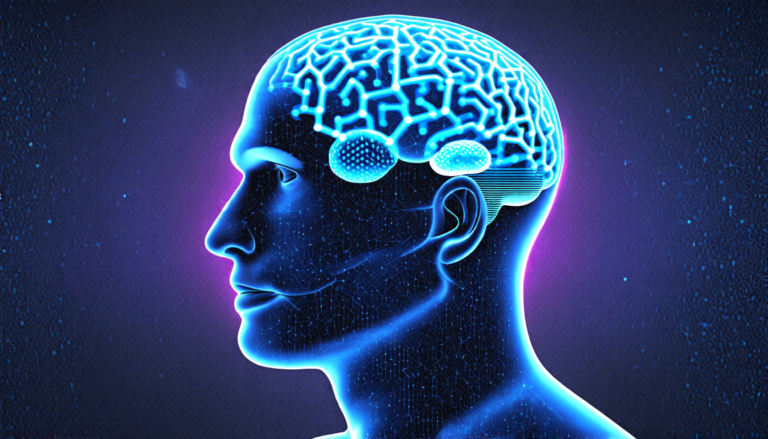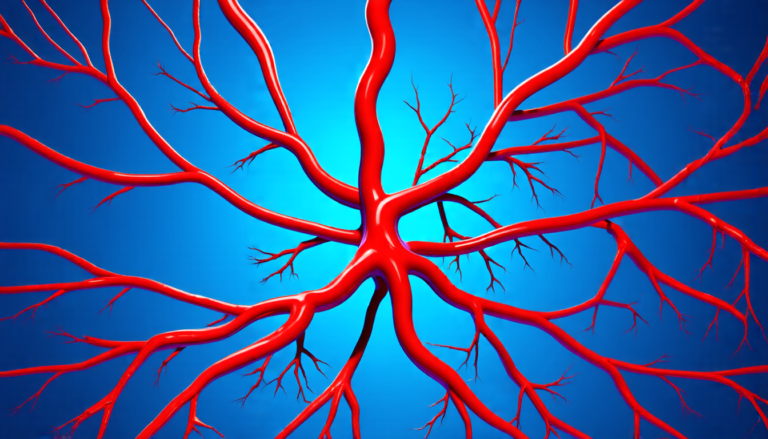Tuesday 08 April 2025
Artificial intelligence has made tremendous progress in recent years, and one area that has seen significant advancements is incremental learning. This concept refers to a machine’s ability to continually learn new tasks without forgetting previously learned ones. In other words, it can adapt to changing environments and learn from experience.
Researchers have been working on developing algorithms that enable machines to learn incrementally, which would be incredibly useful in many real-world applications. For instance, self-driving cars need to continuously learn from the data they collect on the road, while also retaining their knowledge of traffic rules and signs.
One major challenge in incremental learning is dealing with catastrophic forgetting. This phenomenon occurs when a machine learns new information, but forgets previously learned skills due to the lack of storage capacity or the presence of conflicting information.
To combat this problem, scientists have proposed various solutions, including rehearsal-based methods that involve repeating previously learned tasks to reinforce memory consolidation. However, these approaches can be time-consuming and may not always be effective.
A new study has introduced a novel framework called Universal Incremental Learning (UIL), which tackles the issue of catastrophic forgetting by incorporating a multi-objective learning scheme and direction-magnitude decoupled recalibration modules. The researchers designed this framework to learn from multiple tasks simultaneously, allowing it to adapt to changing environments and retain previously learned knowledge.
The UIL framework consists of three main components: a multi-objective learning module that enables the machine to focus on both accuracy and forgetting; a direction-recalibration module that helps the model adjust its gradient descent to minimize catastrophic forgetting; and a magnitude-recalibration module that fine-tunes the model’s parameter updates to optimize performance.
In experiments, the UIL framework demonstrated impressive results in class-incremental learning tasks, outperforming existing state-of-the-art methods. The study also showed that UIL can be applied to various domains, such as object recognition and natural language processing, without requiring significant adjustments or additional data.
This breakthrough has significant implications for many applications where machines need to continually learn from experience, adapt to changing environments, and retain previously learned knowledge. For instance, in healthcare, incremental learning could enable medical devices to learn from new patient data while retaining their knowledge of treatment protocols.
While there is still much work to be done in the field of incremental learning, the UIL framework represents a major step forward in developing machines that can adapt and learn like humans do.
Cite this article: “Universal Incremental Learning: A New Frontier in Artificial Intelligence”, The Science Archive, 2025.
Artificial Intelligence, Incremental Learning, Catastrophic Forgetting, Machine Learning, Multi-Objective Learning, Direction-Magnitude Decoupled Recalibration, Class-Incremental Learning, Object Recognition, Natural Language Processing, Universal Incremental Learning







